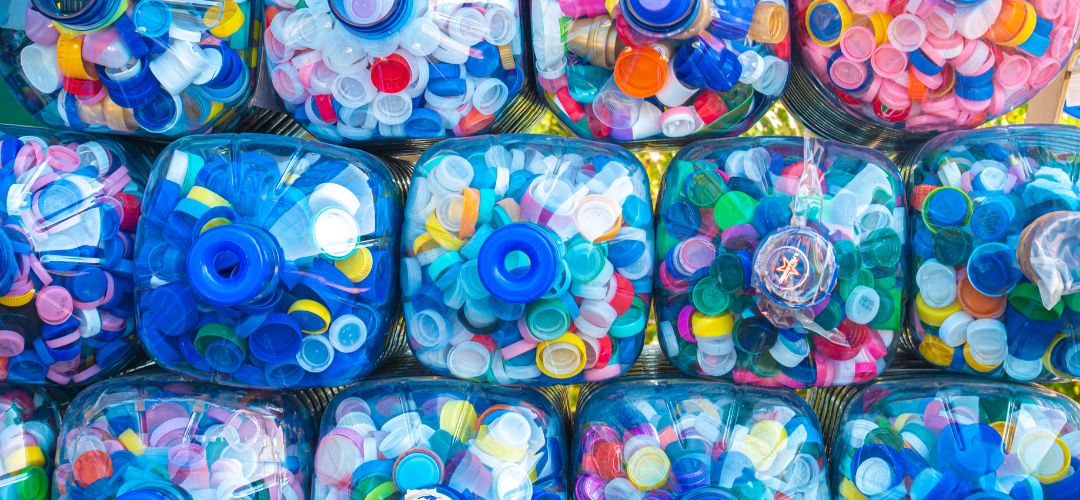NEW LIFE TO PLASTIC

by Dr Paolo Pirotto Chief Operations Officer
Plastic is not an inherently bad material, it is an invention that has changed the world. Plastic becomes bad because of the way governments industries have handled it”. These were the first words of the World Wildlife Fund (WWF) Report 2019 on plastic pollution on our planet. Even then, The Report described a rather alarming scenario: 75% of all plastic produced in the world has already become waste and almost half of the plastic present today was produced after the year 2000, In 2016 production reached 396 million tonnes (53 kg/inhabitant), resulting in the emission of 2 billion tonnes of CO2 into the atmosphere and it is predicted that by 2030 plastic production could increase by a further 40%, As only 20% of plastic waste is recycled, CO2 emissions from incineration, one of the most popular disposal methods for end-of-life plastics, could triple. In the same report, WWF also outlined guidelines for an action plan in which governments, industry and citizens are called upon to make their own contribution, in the belief that we can solve the global plastics problem if “everyone takes responsibility for their actions and if we work together”. In particular, Citizens were recommended to use their consumer power responsibly in their behaviour and purchasing choices in the different markets, while Industry was called upon to use recycled plastics and to promote the circular economy to minimise environmental impact. We at Break Machinery, making this commitment our own, have dedicated ourselves to studying plant solutions and products aimed at improving the efficiency of plastic regeneration processes